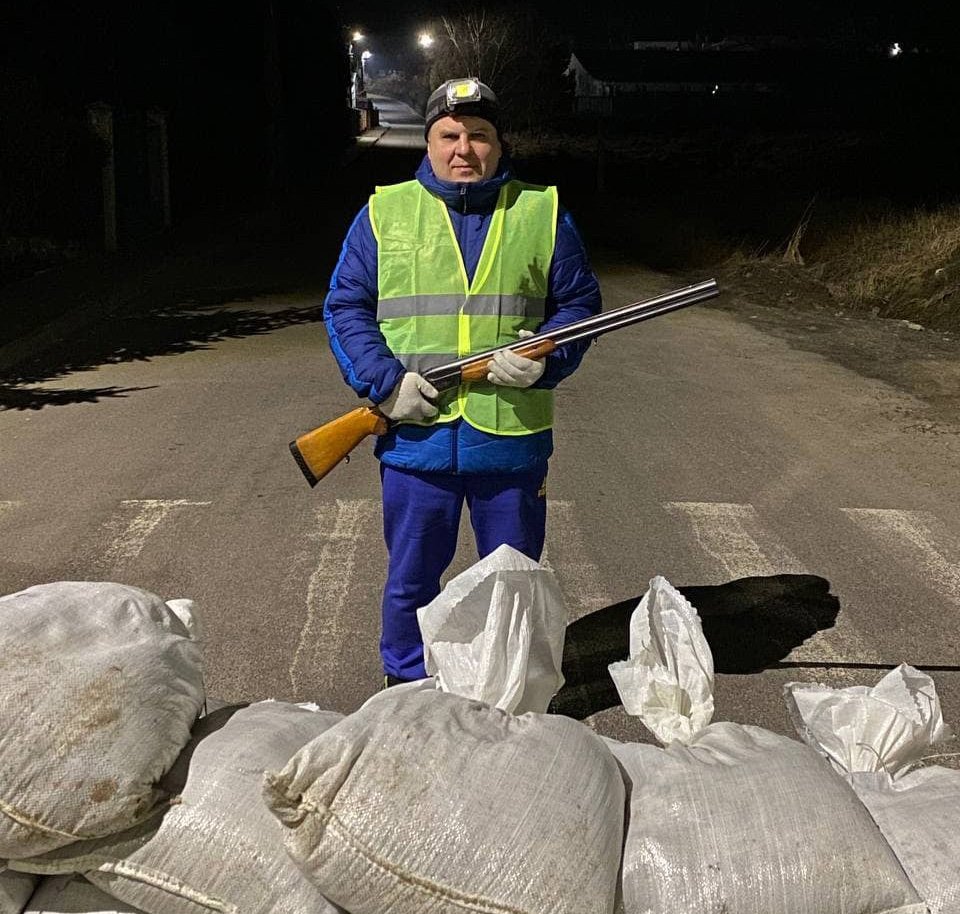Alexander Cup semi-final between Kingston and CCF (Coulsdon), played at the Willoughby Arms, Kingston on 30 May 2022

Front: Andrews, Scrimgour, Foley (captain), Way

Adam Faulkner, Martin Faulkner, Nick Edwards, Balahan Bharat Kumar (Chino Atako was yet to arrive)
Kingston ran out 7-3 victors in a spirited match against CCF (Coulsdon) in which Kingston did not lose a game. Kingston are now in the final of the Alexander Cup for the first time since 2018. The previous occasion that Kingston won the Alexander Cup, the open knockout for teams in the Surrey League, was 47 years ago in its centenary year of 1975/76. The final against Wimbledon will be played at a neutral venue. No date has been set, but it is likely to be held at the start of next season in September. This year’s competition was beset by Covid delays affecting the fixtures.

The final score does not do justice to the hard-fought encounter. The Kingston team outrated Couldson, especially on the lower boards. However, ratings count for little in knockouts, and the two Coulsdon juniors on boards 9 and 10 played well, with the experienced Kingston players unable to find a weakness. Six of the 10 games were drawn, and three of Kingston’s four wins came with the white pieces.
Our innovation during this match was to use a whiteboard to display the results as they came in. This ensured that all the players were aware of the match situation, which is a vital consideration when offering or accepting draws. Several of the players made nervous glances towards the board, wondering if their game would turn out to be match-critical.

On top board, Martin Jogstad (Kingston) and Mark Gray (Coulsdon) had a tense encounter in the last game to finish. Martin tried a kingside attack from a semi-slav. However, Mark deftly fended off the threat and launched a counter-attack on the queenside. They had a queen and four pawns each. Martin was not tempted to enter a pawn race because his king was vulnerable to checks, whereas Mark’s king could find shelter. So the game ended with perpetual check, the outcome of the match already determined.

On board 2, Chino Atako always seemed in control as white in a Catalan against Mike Healey. This may have been an illusion as the engine indicated otherwise. As they reached the heavy pieces endgame, Chino had an ominous extra outside passed pawn. Mike decide to complicate – for which he needs little excuse in normal circumstances – by launching his kingside pawns at Chino. After the queens and most pawns were swapped off, Mike was able to hold the rook endgame.

On board 3, Peter Lalić and Chris Howell were level going into the endgame. Peter’s rook was more active but unable to do very much until Chris unwisely advanced his kingside pawns. It is always tempting to “do something” rather than wait patiently. The pawns became vulnerable, and Peter was left with a rook and the g and h pawns against a rook. There was a nice passage of play when Chris offered his rook which, if captured, would lead to stalemate. Peter found a way out of the swizz-attempt and concluded the game expertly. It should be noted that Magnus Carlsen was unable to convert this exact ending against Vladimir Kramnik in a blitz game in 2013.

Board 4 comprised positional manoeuvring by Martin Faulkner and David Maycock in the exchange variation of the Queen’s Gambit Declined. The game was level until Martin unaccountably allowed a knight fork which won the exchange.

On board 5, Vladimir Li didn’t get the start he wanted against Ian Calvert, who sprang the fashionable Scandinavian for which he had prepared well. Whilst the position was still balanced, Ian offered to exchange queens, but Vladimir responded by a surprise rook sacrifice against the king. The sacrifice could not be accepted and the rook remained behind enemy lines, wreaking havoc.
White to play (solution at end of report).

On board 6, Nick Edwards held the advantage for most of the game in an Old Indian. He doubled his rooks on the open h-file against David Rowson’s king. It looked like curtains for the Kingston player. However, just when it looked like Nick was going to break through, he shifted his attention to the queenside. He missed a winning check on move 31, and the game petered out in a draw soon after.

On board 7, Julian Way played the game of the match. Facing another Scandinavian, he played classically to prompt a weakness on the king’s file. Julian doubled rooks and, when the time was right, shifted them to the h-file, where they penetrated with devastating effect.


Solution to problem: 17. Rxb7! If the king captures the rook, then 18. Rb1+ leads to mate in three. Black captured the queen, but after the zwischenschachs 18. Rc7+ Kb8 19. Rb1+ Ka8 20. gxf3 white is winning.
John Foley, Kingston Alexander Cup captain




